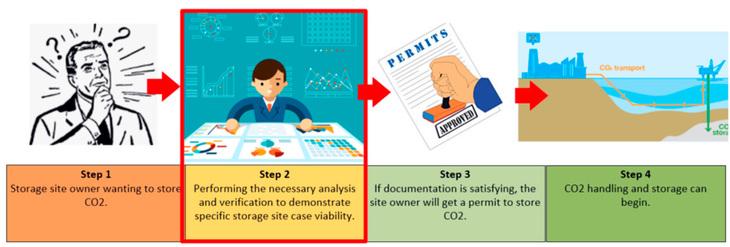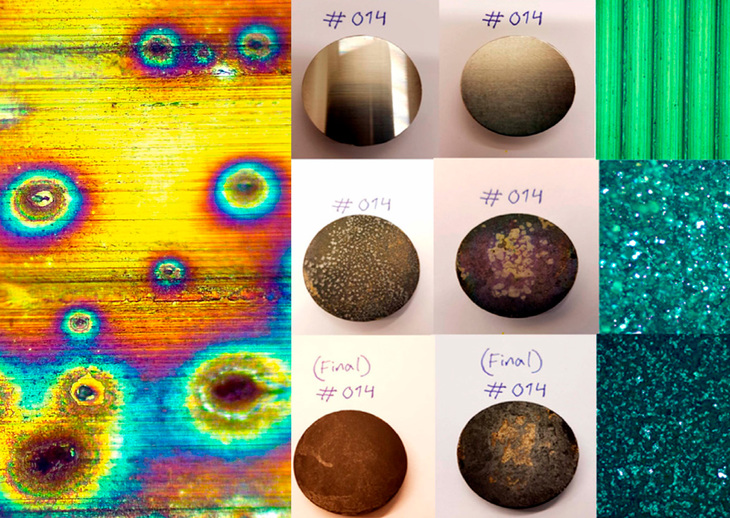The CCUS (Carbon Capture, Utilization and Storage) industry is structuring an emerging value chain, the relevant legislation, and the safest technology: But how is the new industry set-up viable?
The societal vision of storing CO2 underground to reach our common SDG in 2030 is possible only if we store CO2 underground. For that purpose, storage site owners already have abandoned wells in place for storing CO2. As also, legislation ensures that the storage must be done safely, by issuing a storage permit.
Challenge: Obtaining a Permit
Test facilities are built to ensure commercial viability for swift implementation for emission reduction to take place.
Keeping the cost down for storing CO2 utilizing existing well equipment is desired. Proving the safety of using existing infrastructure related materials need to be tested under real life CO2 storage conditions to determine resulting material behavior, such as corrosion rate.
Technical Solutions
Autoclave and flow loop systems may accommodate tests. However, they are not built for the CCUS scenarios and will not provide reliable data, ensuring the public safety in storing CO2 underground.
The CCUS Reactor™ is purposedly created for testing materials behavior to CO2 under real life conditions.

The 'Permit to Store' Process, where the CCUS Reactor TM is applicable in step two.
What is the Unique Solution: CCUS Reactor™
By combining complex CO2 processing technology with the custom-made reactor, highly reliable data can be produced during trials of material behavior under real-life conditions e.g., metal, rock, elastomers, cement, etc.
CO2 Storage Permit: First point of Access
The method and technology used in the CCUS Reactor™ proves reliability in the “permit-to-store” process, as this competitive process avails an extensive amount of analysis and documentation for authorities ensuring that potential storage sites and equipment will be safe to operate.

Analysis of tested materials shows how e.g. metals react to CO2 measuring corrosion rate, to allow safe keeping of CO2 underground.